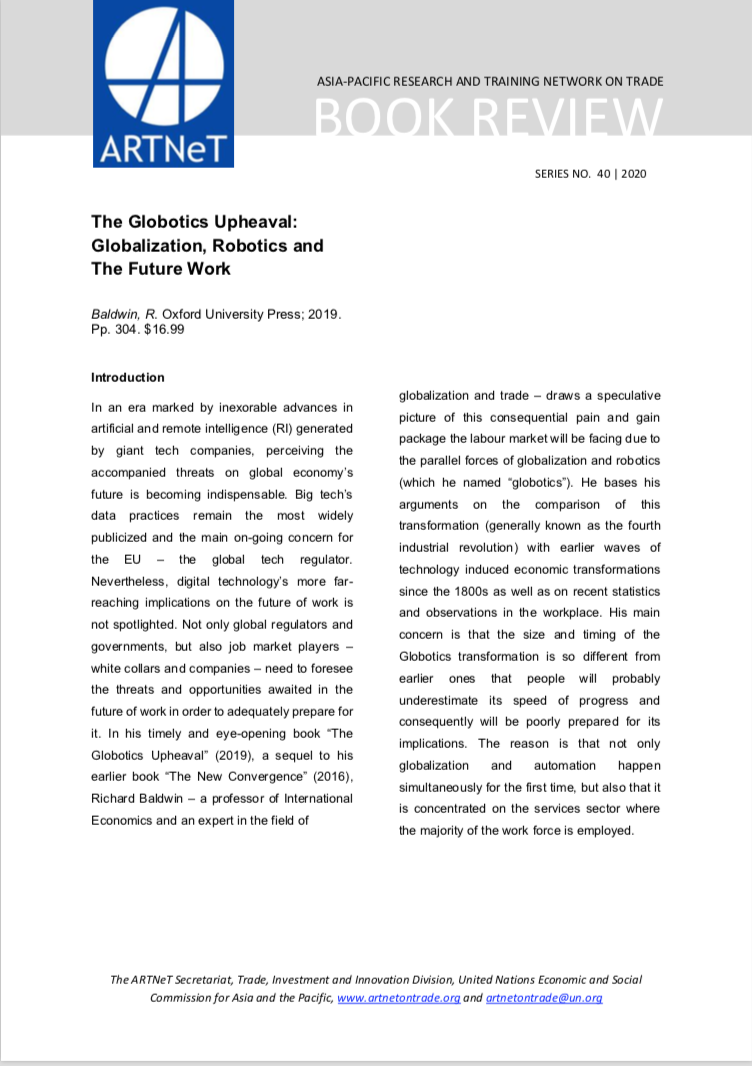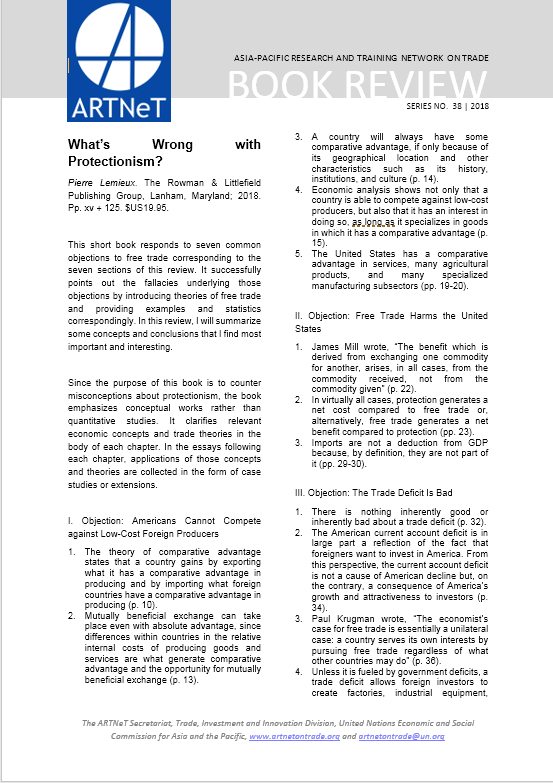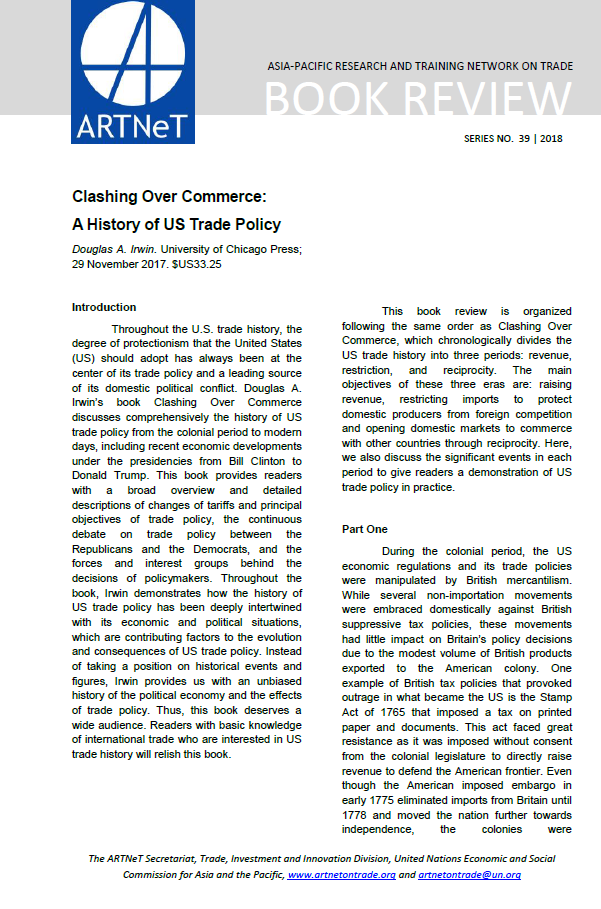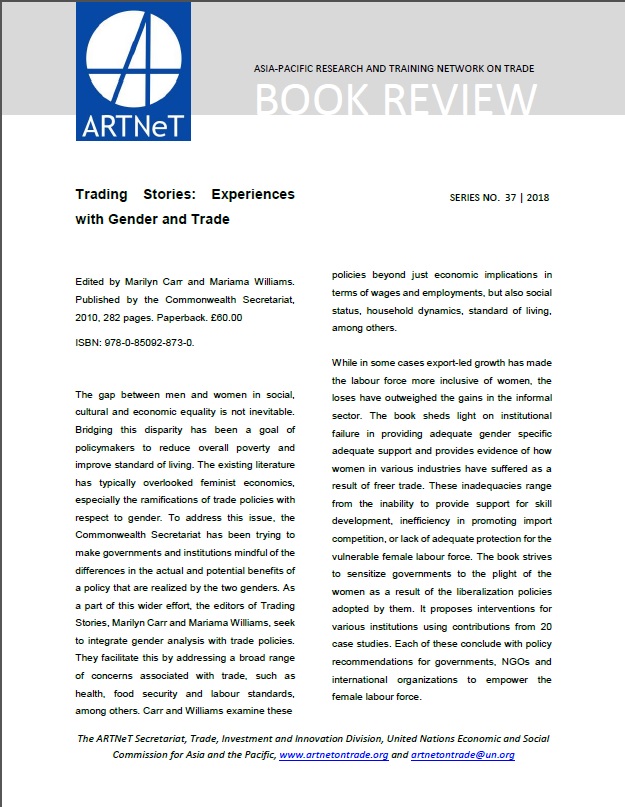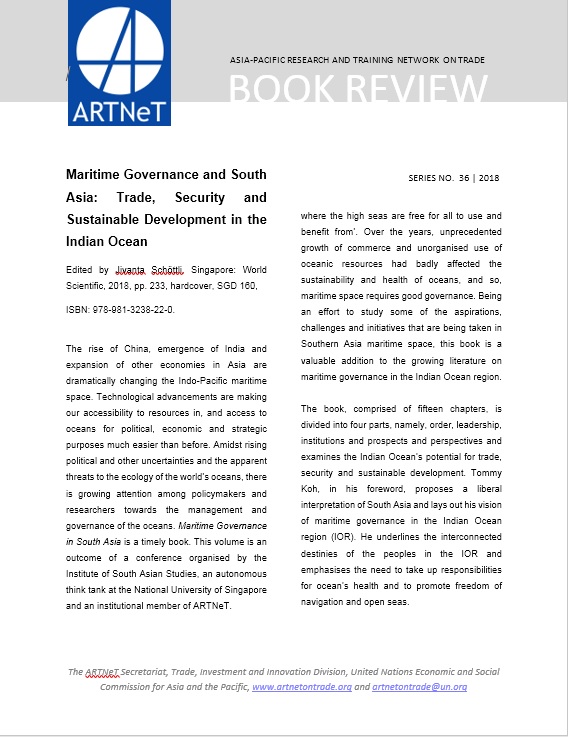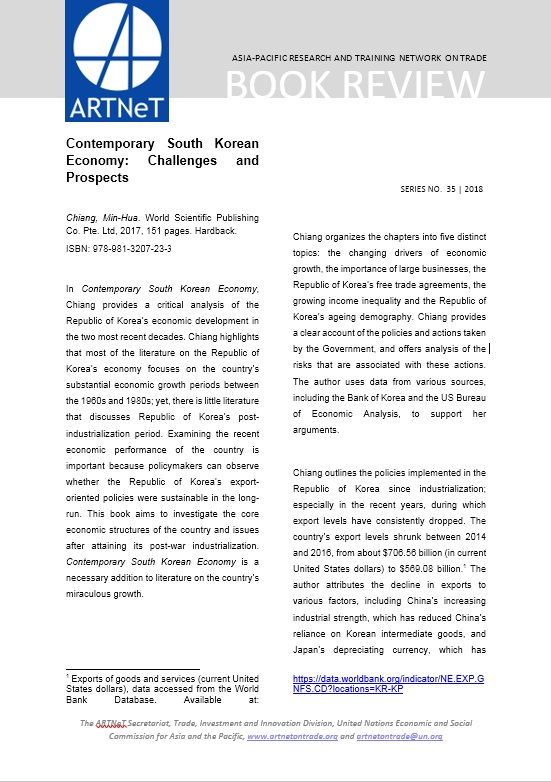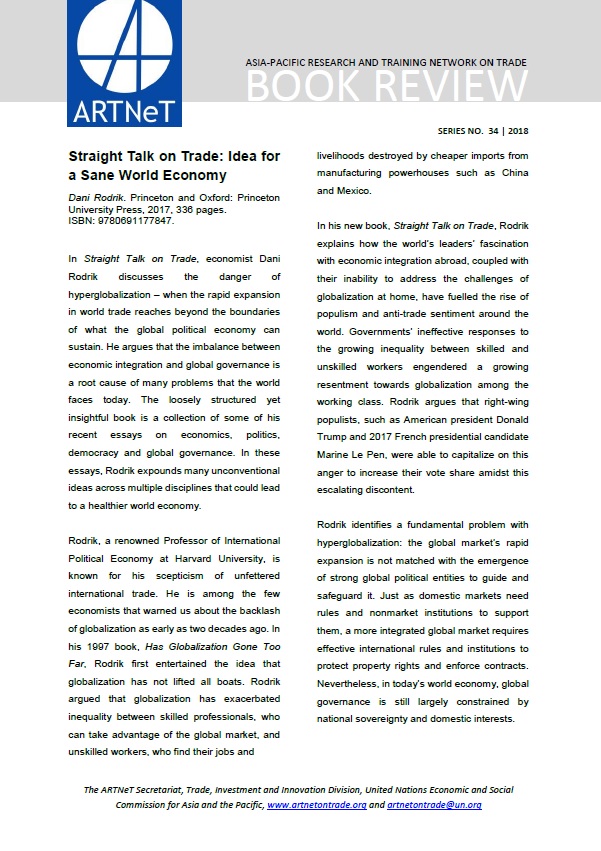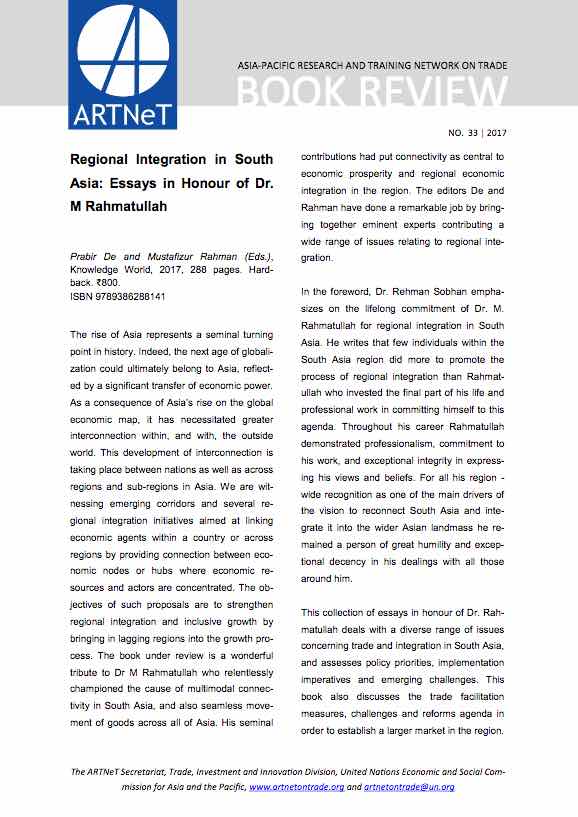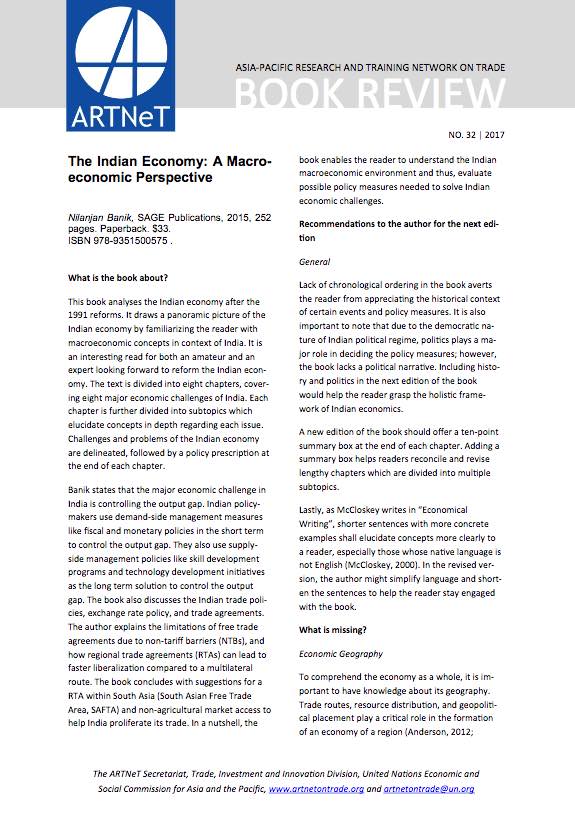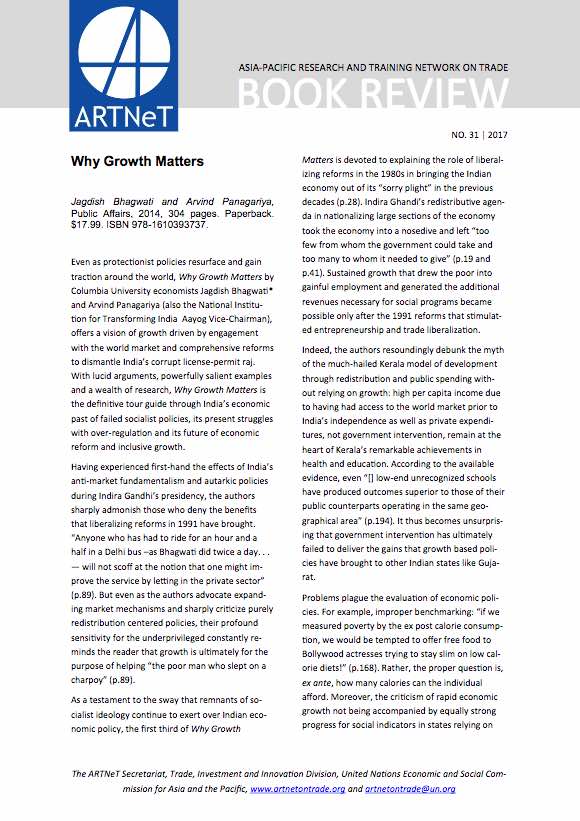The Globotics Upheaval: Globalization, Robotics and The Future Work
In an era marked by inexorable advances in artificial and remote intelligence (RI) generated by giant tech companies, perceiving the accompanied threats on global economy’s future is becoming indispensable. Big tech’s data practices remain the most widely publicized and the main on-going concern for the EU – the global tech regulator. Nevertheless, digital technology’s more far-reaching implications on the future of work is not spotlighted.

